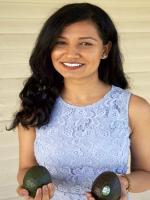
Dr. Joan Sabaté
Dr. Joan Sabate is a Professor of Nutrition and Director of the Center for Nutrition, Healthy Lifestyle and Disease Prevention at Loma Linda University School of Public Health. He is the Principle Investigator of the study. He is a leading researcher in nutrition. He has several decades of experience in conducting clinical trials on the benefits of many plant foods including nuts, avocado, and soybean. He has also directed considerable research in the area of Vegetarian Nutrition in the prevention of chronic diseases and the Environmental impact of vegetarian diets. He has authored more than 150 research articles many of them in high-impact journals



